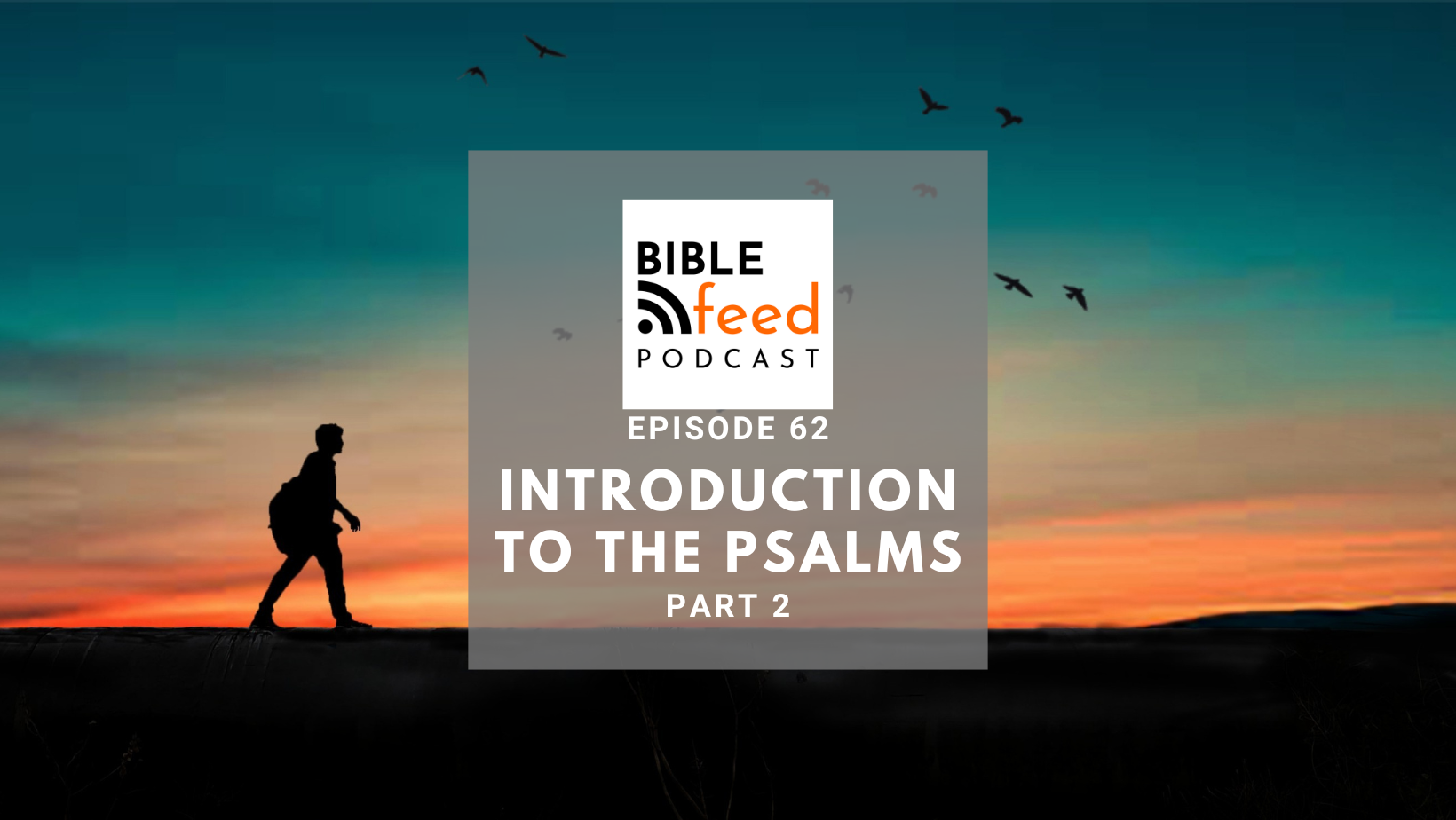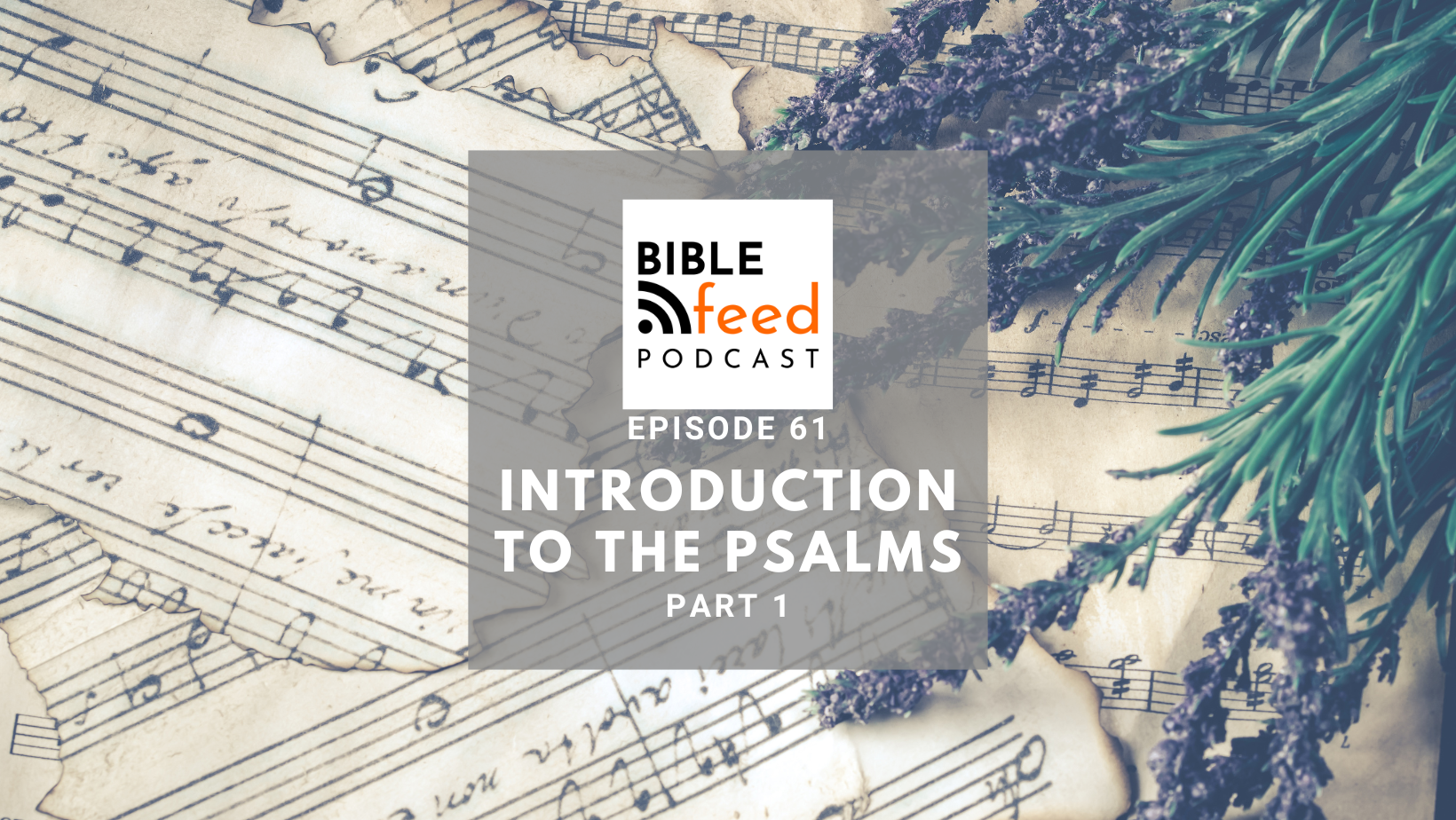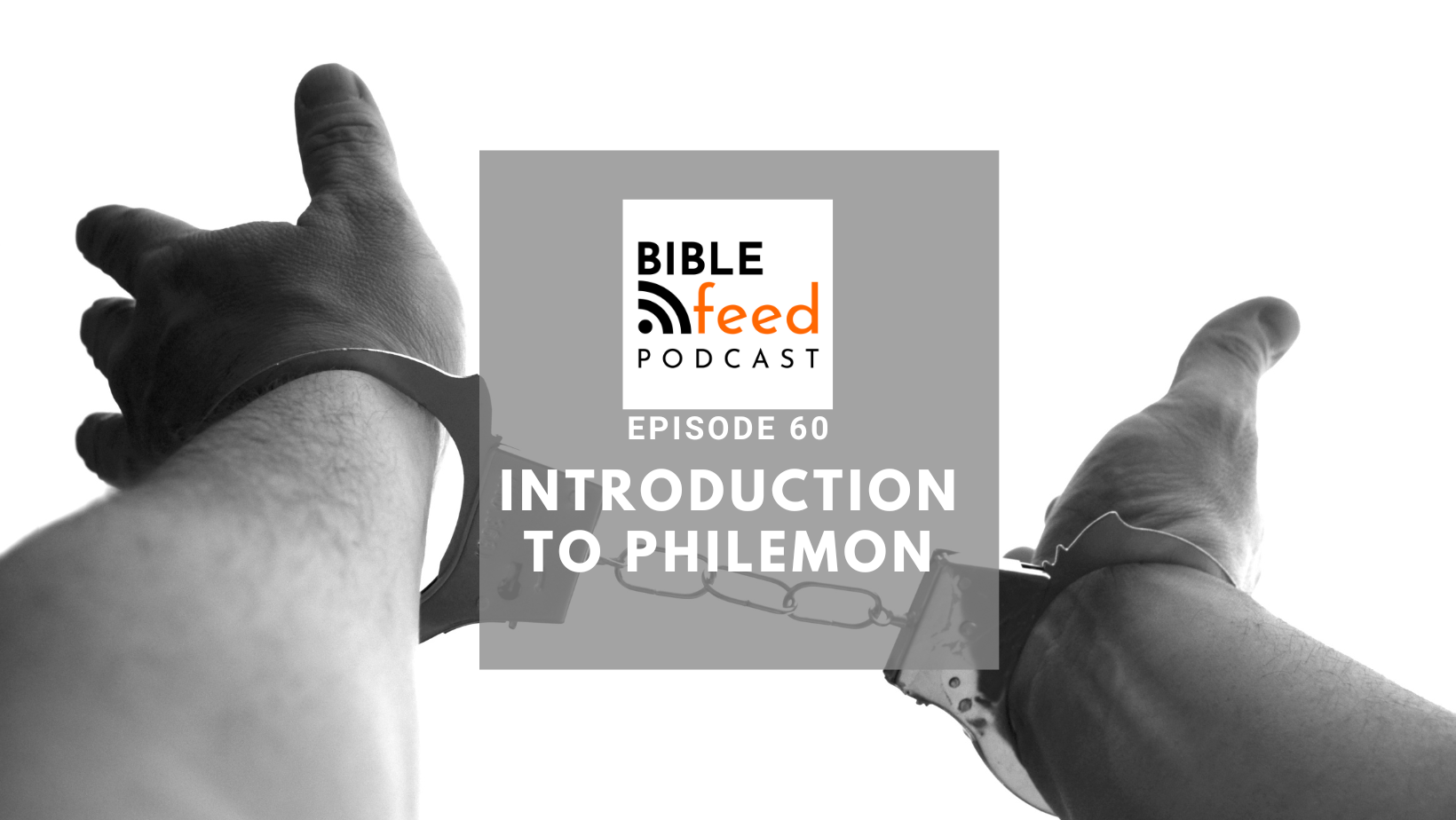Continuing the conversation from Part 1, Jordan and Dan find that some Psalms express doubts and uncertainties and deeply question what God is doing. But by remembering what God has done in the past the Psalmist is led back to peace of mind and trust in God, ending with a call for "everything that has breath to praise the LORD"!
In the first part of our introduction to the Psalms, Dan talks to Jordan Walton about whether the Psalter is just a random collection of prayers and songs or whether there is some structure to it. Having identified a five book structure, they start to delve into the focus of books one and two.
For the next of our Bible book introductions we take a look at the smallest of Paul's letters, his letter to Philemon. Why should a personal letter about fixing a very personal relationship be included in the scriptures? We find that it is, in fact, an incredibly revealing case study into how being a Christian should change the way we view society and people around us.
Leviticus may not be the most appealing read, after all, what does how long you remain unclean if you touch a dead body, have to do with a Christian today? But by scratching the surface we find that the careful structure of this book points to something, or rather someone, who is so much greater than the law.
How should we read the Old Testament in the light of Jesus? Do we even need to pay it any attention now that Jesus has come? We consider what it means for Jesus to fulfil the Old Testament and find that, when Jesus reads and applies the different parts of the Hebrew Bible, he shows us how to bring it to life in our lives as Christians today.
What does it mean for something to be the inspired word of God? Is it possible to explain how that happens, and if we can't, what certainty can we have about divine authority behind the text of the Bible? Considering these questions leads us to realise how important it is to treat the text with respect and be responsible and humble in how we draw out our interpretations of God's word.
The book of Exodus starts with a great story about how the Israelites escaped from Egypt. There's high action, drama, goodies and baddies… and then intricate detail about how to construct a large tent. Why is that included and how does it fit into the overall narrative?
A new series to turbocharge your Bible reading! We're starting a series of introductions to books of the Bible to give you a head start on how they are structured and what the main themes are to look out for. We start right at the beginning, with the book of Genesis.
It’s been trending for some time now. Christian deconstruction is a phenomenon that is hard not to notice. But once the deconstruction bug has bitten, is it possible to build a resilient faith back up again?
The first book of the New Testament is packed full of insight about Jesus, God, the problem with humanity and God's kingdom that Jesus announced. If you want to understand what the Bible and Christianity is really about, you can't go wrong starting with the gospel of Matthew.






